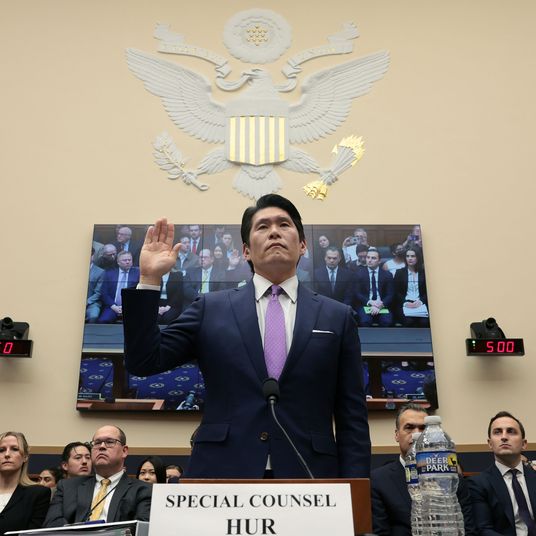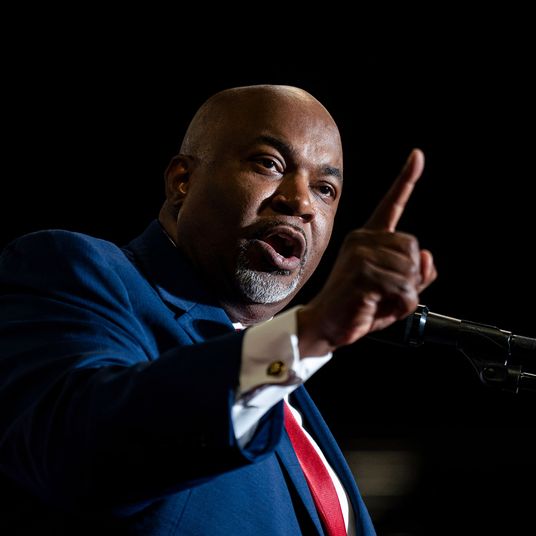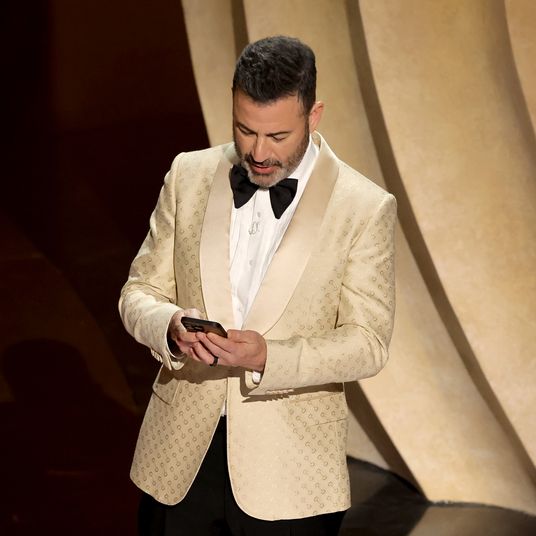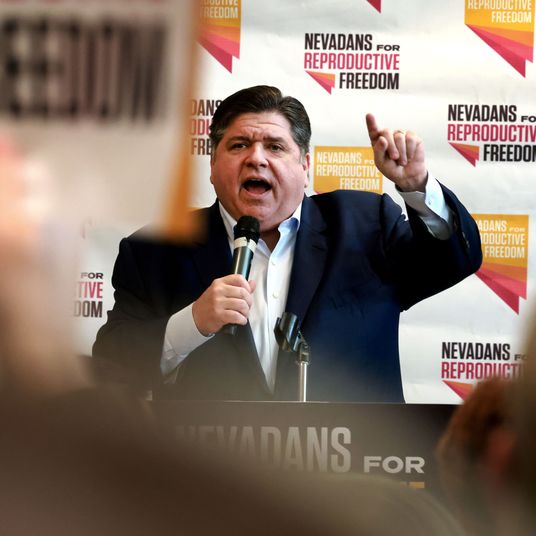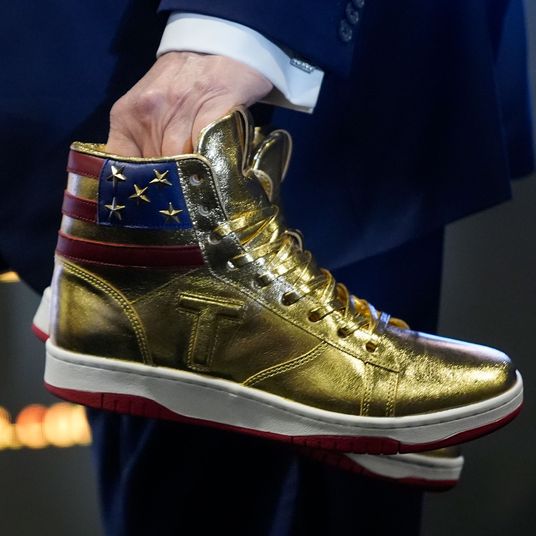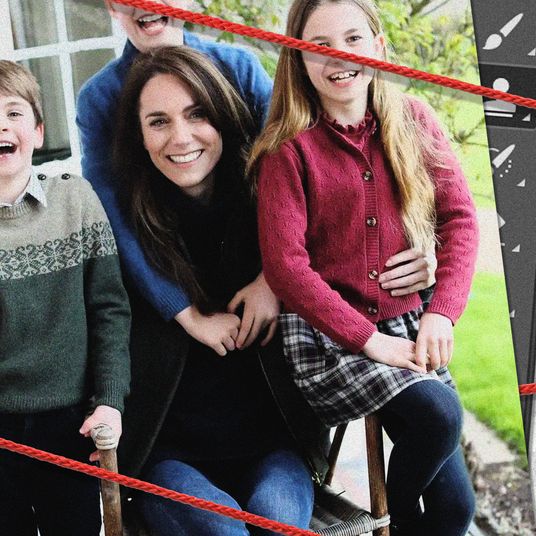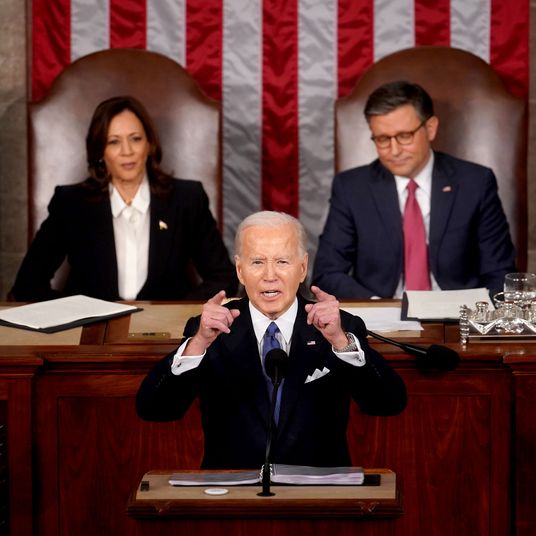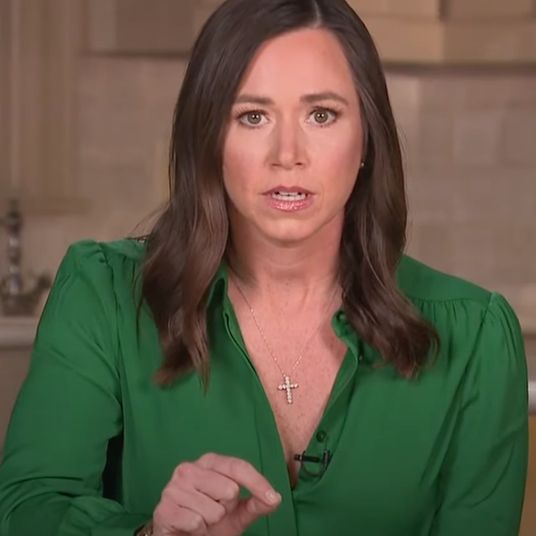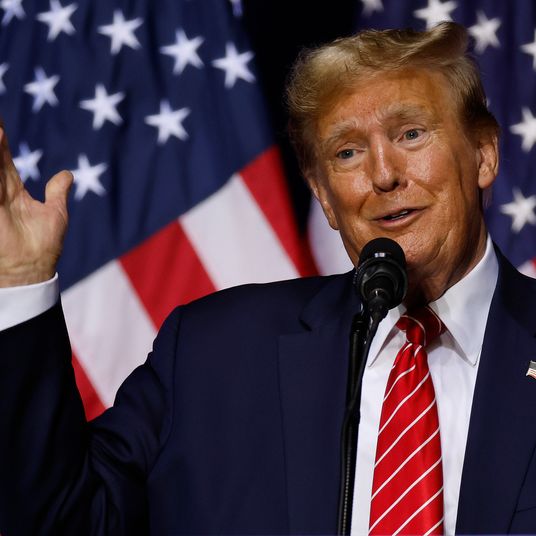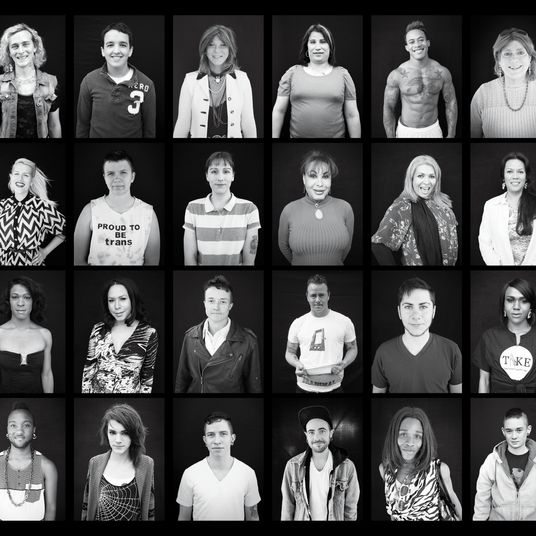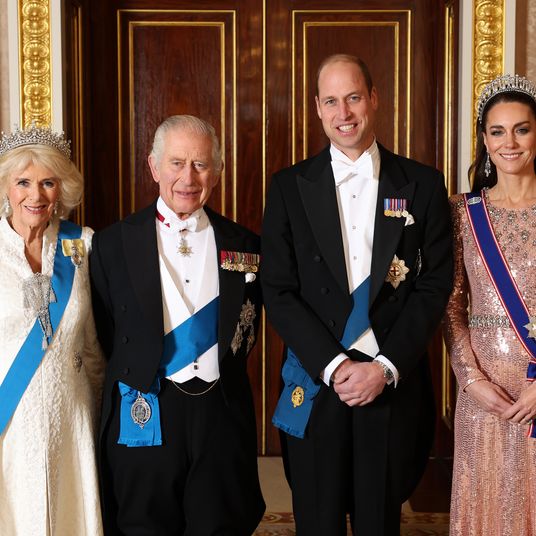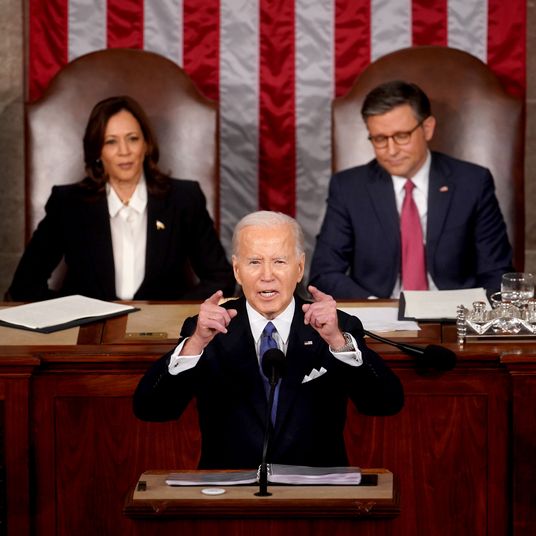One overlooked feature of Elon Musk’s chaotic romantic life is his partners tend to be professionally creative women. Just as they have been objects of his — courted, mishandled, tossed aside — Musk has been an object of theirs: a muse. What can we learn by reading the work of the women who’ve loved him?
The artistic partner who has wrung the most out of Musk is Talulah Riley. The actor-slash-writer divorced Musk in 2016 after remarrying him in 2013 after divorcing him in 2012 after marrying him in 2008. A whirlwind, but what better fodder for a novel: a man desired, loathed, cast off, and, perhaps, ultimately cherished. Her 2016 book, Acts of Love, is the most entertaining and obvious entry in the Musk-as-muse folio. “His words were creepy, but his eyes seemed kind,” Riley writes of a character named Radley Blake, who is more than a little like Musk. Both men are billionaires, making their fortunes in the world of science and technology, and both men are often ill-behaved and brash.
When her protagonist, Bernadette St John, meets Radley at a party, they’re not introduced so much as he is thrust upon her: She had already caught him eyeing her from across the room. “He was studying her as a wolf might appraise a lamb before gobbling it up,” Riley writes. Bernadette is not an actress like her creator but a magazine writer nicknamed “The Man Whisperer,” a plucky misandrist columnist tasked with interviewing the world’s most powerful men. Radley curses the state of modern journalism — “I can’t stand creative non-fiction, this current obsession with new journalism,” he tells Bernadette. Therefore, a disclaimer. A novel is not nonfiction. We can’t read this as a Musk tell-all any more than we can derive the irony of Riley’s appearance on Westworld following their separation.
Elon Musk, as understood by …
Radley Blake is a villain, whether or not the book knows it. He’s dismissive and judgmental, prone to spontaneous cruelty. He shows up without warning, bursting into Bernadette’s life. He throws her over his shoulder against her will, telling her it would be easier if she pretended to be unconscious. (In Elon’s first wife’s book, the love interest uses magic to put the heroine to sleep against her will.) At one point, Radley nearly forces himself on Bernadette. “He enveloped her in his arms and shifted so his mouth was pressed up against her ear. ‘I will have you,’ he hissed … ‘And I want you to know it. I want it to be the only thing you think about.’” In their courtship, Radley often oversteps, she follows suit, then he scolds her and casts her aside. “One minute all kind and caring and moral, the next a complete and utter pervert,” Bernadette tells Radley. He replies, “I told you. We are the same, you and I.”
Their courtship is all tumult with little horniness. Though Bernadette is attracted to Radley, the two do little more than kiss, content to otherwise argue. Radley is not romantic, not especially giving. He values her work, claiming to be an avid reader and fan, but he demeans her way of dressing, her ethics and taste. In the end: She betrays him in a moment of weakness and begs forgiveness, but it’s his decision whether they will ever reunite, not hers. He is the bruised one, mistreated and pathetic, left out in the rain. It’s possible, despite all his power and money and knowledge, that we’re meant to see Radley as a victim, suffering needlessly at the hands of a career-minded, determined woman.
It became clear to me over the course of reading Acts of Love that Riley’s portrayal of Musk comes from the impulse to treat him as a victim or, at the very least, worthy of a bodyguard. Grimes — Musk’s most recent(ly confirmed) partner and mother of X Æ A-Xii (“X”) and Exa Dark Sideræl (“Y”) — has taken up that defender role in the past (on Twitter, in interviews). Even in their separation, she told Vanity Fair “it’s the best they’ve ever been.” It’s been rumored that much of her forthcoming EP, Fairies Cum First, is about their relationship. Fans have homed in on the chorus of “Pretty Dark,” which reads:
’Cause baby, yeah, you own me like you own the world
And if you show me, then I’ll be your girl
And I’ll kill them if they try to hurt you
You dethrone me, boy, what nerve
A man who owns the world needs someone to protect him from what exactly?
In the lead-up to the album, Grimes released a demo on TikTok from a track called “100% Tragedy” in which she sings:
Try me tonight, try me tonight
I’ll defeat you by the moonlight
Witness your own tragedy
I look like a flower, but I’m a serpent underneath
This verse concludes with a literary reference to one of the English canon’s most doomed couples. “I look like a flower, but I’m a serpent underneath,” mirrors a line in Macbeth in which the savage wife advises her would-be king, “Look like th’ innocent flower, / But be the serpent under ’t.” Isn’t the thing about Macbeth that the titular character and Lady Macbeth are, like, the bad guys? Macbeth’s doomed quest to become king stems from prophecy, or delusion, perceived injustice (say, people using “billionaire” as a pejorative, maybe), and Lady Macbeth goes with him, hand in hand.
“100% Tragedy” plays like dark, aggressive banger, a clear story of revenge, and in the TikTok, Grimes wears a sheer, tight bodysuit resembling mother-of-pearl chain mail as she waves a fan in slow motion. She is a soldier, off to fight a war. The war is not with Musk but rather with one Azealia Banks, with whom both Musk and Grimes share a long-standing public beef. “100% Tragedy is ‘about having to defeat Azealia Banks when she tried to destroy my life,” Grimes told her fans on Discord. (Longtime sufferers of being Too Online will remember the Banks-versus-Grimes-versus-Musk feud of 2018: Banks came to stay with the couple to work on new music with the singer. Grimes and Musk left for a conference in Vegas together, leaving Banks alone at their property. On Instagram, Banks referred to Musk’s home as like a “real episode of Get Out,” accusing him of being on acid while he tweeted about Tesla. She also made derogatory remarks about his penis.) Even on the other side of her post-postmodern affair with Musk, Grimes feels the need to step in, to intercede.
Rounding out the Musk-as-muse canon is Justine Musk (née Wilson), his first wife and mother to his eldest five children. Justine, a Canadian fantasy writer, met her now ex-husband first in college, then again a decade later, after which they wed. Much of their relationship was documented in a Marie Claire essay that she wrote in 2010, one of the earliest critical pieces of her ex-husband and one that gets dredged up every time he (or one of his companies) teeters on the edge of scandal. The essay is full of harrowing details about their relationship: when Musk told her during their wedding-night dance, “I am the alpha in this relationship”; when he accused her of “reading too much”; when he told her that if she was his employee, he’d fire her.
In 2005, three years prior to her separation from Elon, Justine published her fantasy novel BloodAngel. The protagonists’ love interest, Kai Youngblood, can be read as a kind of funhouse-mirror reflection of Elon. He manipulates and controls the heroine, Jess Shepard, who’s a lot like Justine: a normie middle-class artist whose life changes when she meets a mysterious wealthy man.
Jess asks him, early in their relationship, “Just how wealthy are you?”
“I’ve been in this world for over seven centuries,” Kai tells her. “That’s a lot of time to learn about wealth. How to make it, lose it, make it again.”
He takes a private jet around the globe, searching for those who can help him in his endless battle against a demon race hell-bent on apocalyptic destruction. Humanity needs him, okay? Not just humanity, though: Jess also needs Kai. She needs him to teach her magic, she needs him romantically (leaving her regular boyfriend out to dry), she needs him to guide her. Kai is willing but exhausted. This is torturous, having a student to be responsible for. He suffers.
Unlike Musk’s essay, or even Grimes’s music or Riley’s novel, we have the least amount of evidence that BloodAngel is related or connected to Elon, which is to say no hard evidence whatsoever. But we have literary analysis, which can at the very least do some of the legwork. Knowing what I know about how long it takes to write a book (a long time) and knowing what I know about how long Elon and Justine were together (also kind of a long time), from where else would the latter get her information on private jets? On world-bending wealth? In a doomed marriage, fighting to keep the lights on and tensions low, she, like Jess of BloodAngel, justifies the behavior of the man she’s with time and time again until it reaches a point of instability. For Musk, that was divorce. For Jess, it’s only the apocalypse.
Is Musk the only thing standing between us and the end of the world? If the news won’t convince you of such, consider the art, because that’s where Musk’s, Riley’s, and Grimes’s work triangulate: this trilogy of strained justifications on behalf of power, wealth, and knowledge. A bit of bad behavior is fine as long as it’s for a cause. It’s Jess who has to learn, Bernadette who has to beg forgiveness, Grimes who has to defend. The Musk muse is helpless but powerful, burdened but striving. He’s not good, but he is Good, capital-G. Only these men are fake, imagined anti-heroes, and when the book is closed (or the music turned off), the world is all too real and Musk doesn’t need their defense.



